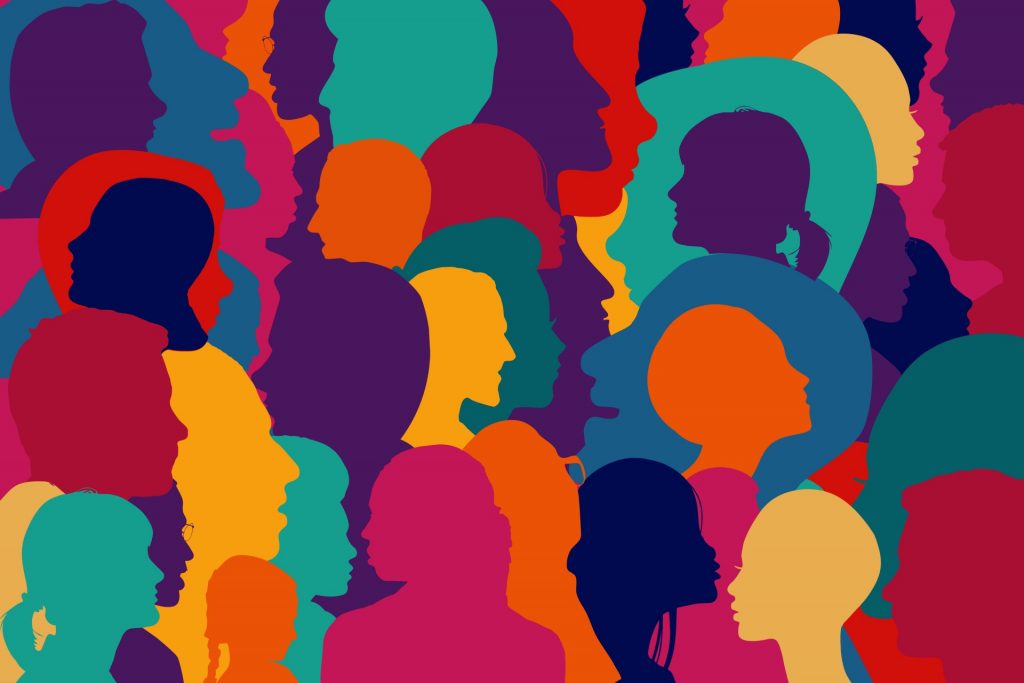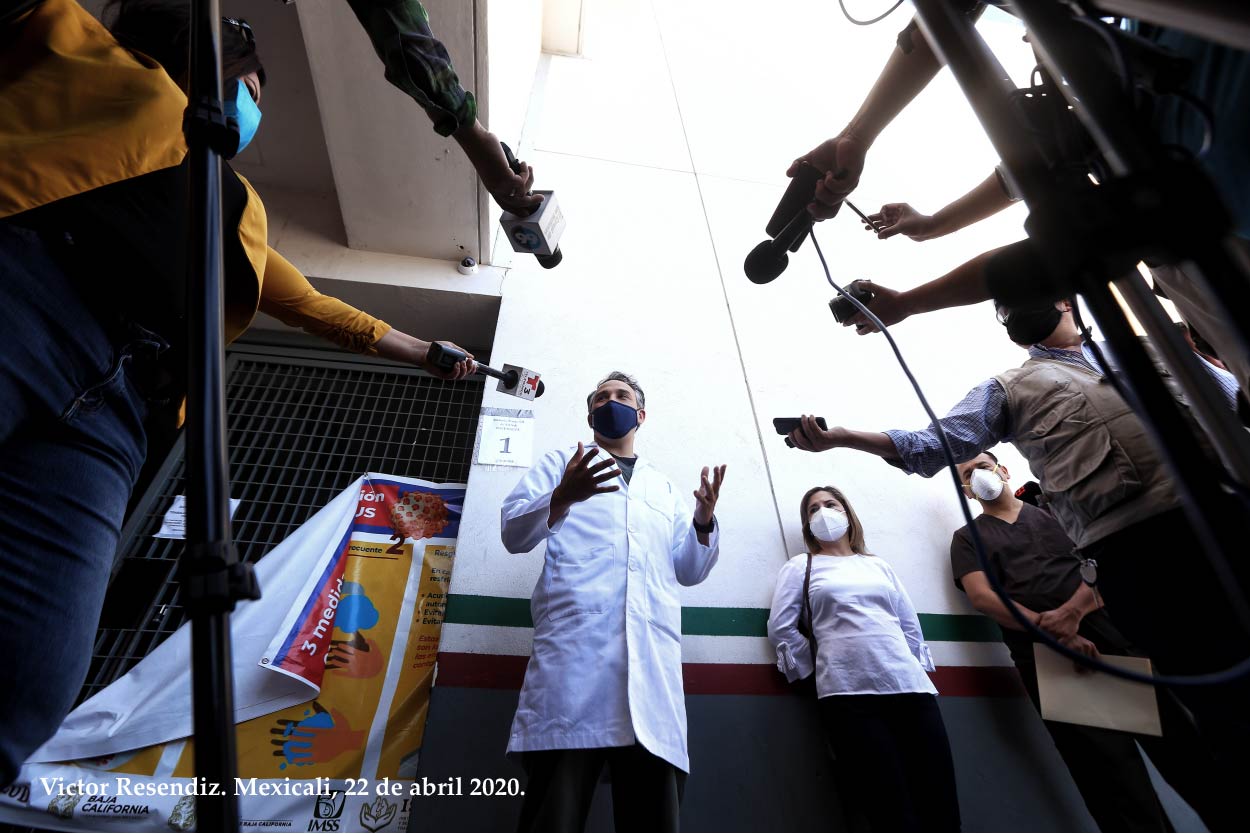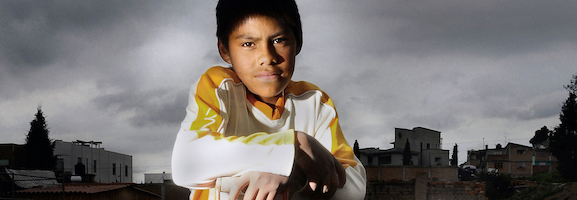home » inequality
Articles about "inequality"
Coloquios interdisciplinarios
Vol 6 No 12 (2023)
Comment on the colloquium "Beyond decoloniality: discussion of some key concepts" by - David Lehmann
― Go to main text

Toward the Creation of New Paradigms for Research into Diversity by Latin American Universities
- Regina Martínez Casas
This text addresses the discussion on decoloniality in social studies on Latin America from different research experiences that seek to problematize the concept and show that not all research carried out in the so-called Global South is decolonial. It also presents scenarios in which academic works have justified the reproduction of inequalities in Latin America, as well as the discrimination that affects the region and prevents access to models of social justice.
Discrepancias
Vol 4 No 8 (2021)

Pandemic, Year 2. Different Experiences, Shared Dilemmas and Multiple Reflections from Medical Anthropology Around Covid 19
- Mark Nichter
- Rosa Maria Osorio
- Sahra Gibbon
- moderator Lina Rosa Berrio
- moderator Paola Maria Sesia
We have invited three specialists from the field of medical anthropology to reflect on their respective experiences and knowledge of Mexico, Great Britain, the United States and India, all of them countries deeply affected by the pandemic, even if in very different ways, and whose management of the pandemic has been oriented in different directions. This allows us to contrast the diversity of official responses to the health and economic crisis.
Coloquios interdisciplinarios
Vol 2 Num 4 (2019)

Inequalities and the re-politicization of the social in Latin America
- Juan Pablo Pérez Sáinz
The social question in Latin America has been depoliticized, since the 1980s, from the conception of deprivation imposed by the prevailing approaches to poverty. Although later, due to the importance acquired by the problem of inequality, the question of power could not be ignored, a perspective was imposed that has limited the understanding of conflict. In the present text and from an alternative proposal to address inequalities, where power and conflict gain prominence, we seek to re-politicize the social. In this regard, two sets of problems are addressed. The first has to do with the dynamics of deep disempowerment that the new model of globalized accumulation has generated, sustaining the (neo) liberal order, and that has led to a not inconsiderable part of the subaltern sectors being cornered in a situation of marginalization. Social. The second is that, despite this, there are responses from these sectors to resist this disempowerment and even partially reverse it. Among these responses, the following stand out: violence, migration, religiosity and collective action. It concludes with reflections on the relevance of thinking about inequalities from this perspective to see how the social, with the (neo) liberal order, has been re-politicized in a broad and profound way.
Coloquios interdisciplinarios
Vol 2 Num 4 (2019)
Comment to the colloquium "Inequalities and the re-politicization of the social in Latin America" by - Juan Pablo Pérez Sáinz
― Go to main text
Social inequality in Latin America. Structural explanations and everyday experiences
- Gonzalo A. Saraví
Keywords: Latin America, social class, inequality, experience of inequality, social fragmentation.
CAs part of the interdisciplinary Colloquium proposed by the magazine Encartes, and based on the text by Juan Pablo Pérez Sáinz, this text seeks to complement and broaden the debate on social inequality in Latin America. In order to overcome a strictly economic view on the subject, the author proposes, on the one hand, to incorporate social and cultural dimensions into the analysis, and on the other, to assume inequality as a class experience. Hence his concept of social fragmentation. Initially, the article reviews the most current data on the primary and secondary distribution of income in Latin America over the last 15 years. It is clear that these indicators do not necessarily correspond to the experience of the different social classes that live a growing fragmentation and distancing from their life experiences that imposes the need for an ethnographic approach to inequality. This fragmentation can hardly be understood without an analysis of the social mechanisms and processes of social classification, which legitimize hierarchies and gaps between social classes. The disparity in the distribution of income and wealth is key for the author in the genesis of social fragmentation, hence the centrality that he attributes to the role that the State can play.







